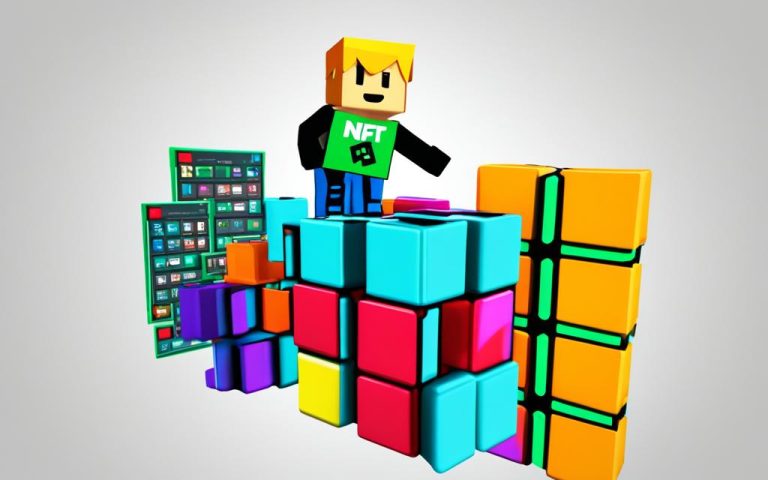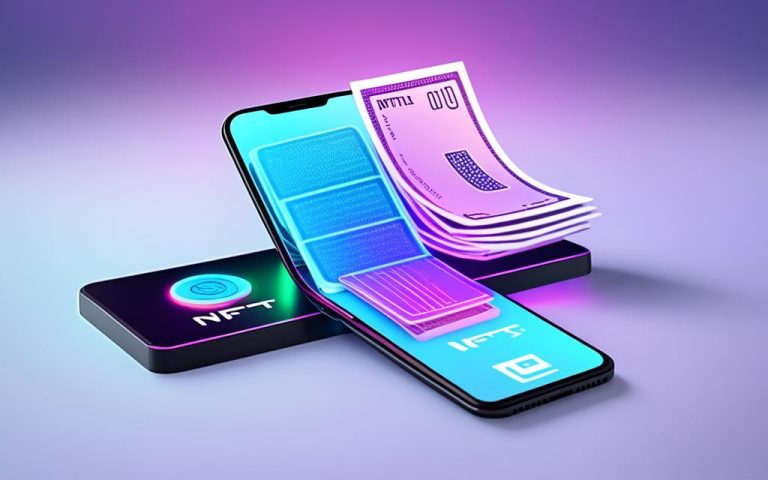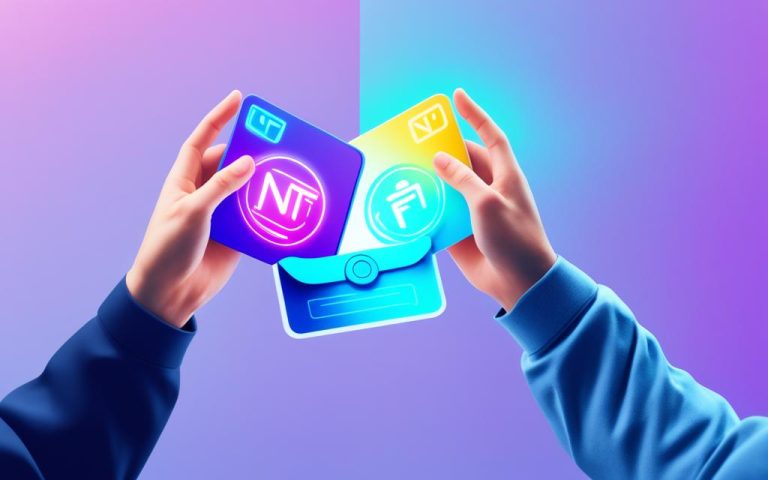Non-fungible tokens (NFTs) are digital assets on the blockchain. They can be artwork, music, and collectibles. Each NFT is unique and can change hands through buying, selling, and trading. However, their rising fame has brought along more scams and frauds.
There have been incidents where NFT fans lost a lot of money to scams. These scams include rug pulls, phishing, and fake NFTs. It’s crucial to stay alert and secure when dealing with NFTs.
To avoid scams, use wallets like MetaMask and buy from trusted sites like OpenSea and Rarible. Be careful of strange links, phishing emails, and fake social media accounts. They might try to get your wallet details.
How NFT Scams Work
NFT scams appear in various ways, each aiming to trick and cheat people. The rug pull is one common scam. Here, scammers make fake NFT projects or collections and promise big returns. When enough buyers invest, the scammers take off with the funds. This leaves buyers with valueless NFTs.
Phishing scams are another problem. They trick people into giving away their wallet details or private keys. Scammers send fake emails or set up fake websites that look like real NFT marketplaces. Their goal is to steal from users.
Another issue is with counterfeit NFTs. Scammers sell fake versions of real digital art or assets. Buyers end up buying these fakes and later find out they’re worthless. This is another way people get scammed.
These scams can do a lot of harm. People can lose a lot of money or have their personal info taken. For example, one NFT collector lost over $2.2 million in NFTs in early 2022. Stories like this show how bad these scams can be.
To stay safe from NFT scams, know the tricks scammers use. Use strong security, like two-factor authentication, and keep your login info private. Also, check that you’re using real NFT marketplaces. Following these steps can help keep your money and info safe.
It’s important to keep up with NFT and security news. NFT technology is still new and can be risky. By learning and using safe practices, we can protect our investments. This helps keep the NFT market growing and stable.
References:
Protecting Yourself from NFT Scams
In the digital world, keeping your NFT investments safe is key. Make sure to use NFT security measures, stay away from phishing, and do your homework to avoid scams.
Use security steps like two-factor authentication (2FA) to keep your digital items safe. Sites like OpenSea, Rarible, and SuperRare have good security to make sure the NFTs you buy are real.
Watch out for promises of quick, high returns and sudden NFT price jumps. These could be signs of scams. Always check if a platform is trustworthy before you make any moves. Using security steps like KYC (Know Your Customer) and escrow services adds more safety.
Avoid phishing and fake scams by being careful on social media. Scammers might pretend to be someone they’re not, so always check where information is coming from. Never give out your personal, wallet, or key details without checking.
Always look into an NFT before you buy it. See what others say about the creator, read user reviews, and make sure the project is legit. By staying smart and taking steps to protect yourself, you can enjoy NFTs without falling for scams.
FAQ
Is investing in NFTs a scam?
Not at all. But, like many areas online, the NFT space has its share of scams. It’s vital to stay alert. Research well before diving in. This helps keep your investments safe.
What are some common NFT scams?
Common scams include rug pulls, phishing, and fake NFTs. In rug pulls, fraudsters hype a project, then vanish with your money. Phishing tricks you into giving away your wallet info. And, fake NFTs are just rip-offs of real digital assets.
How can I protect myself from NFT scams?
To stay safe, always do your homework on NFT investments. Check out the project’s background and the creator’s reputation. Stick to well-known marketplaces with good security. When online, especially on social media, keep your personal and wallet information private.



















